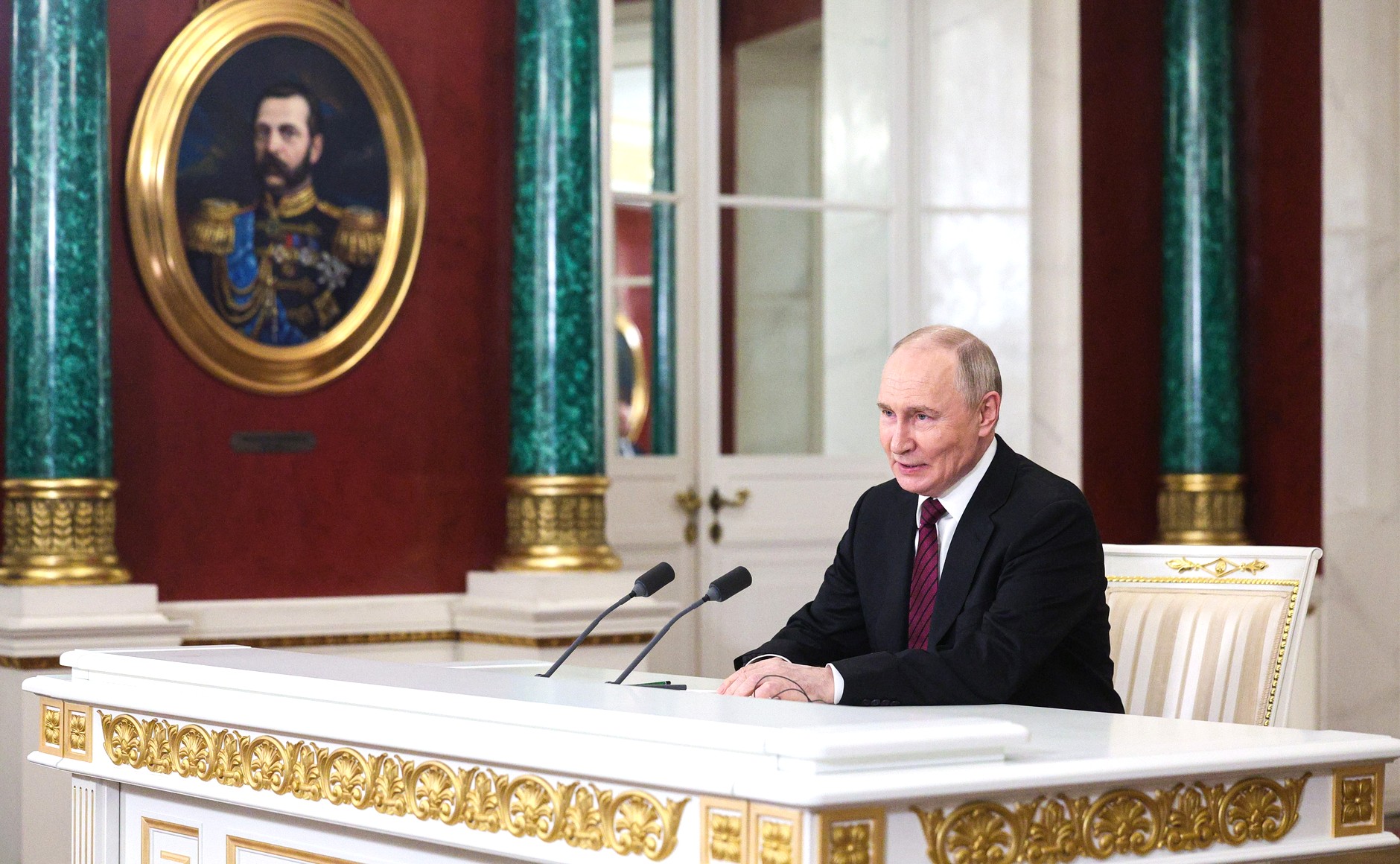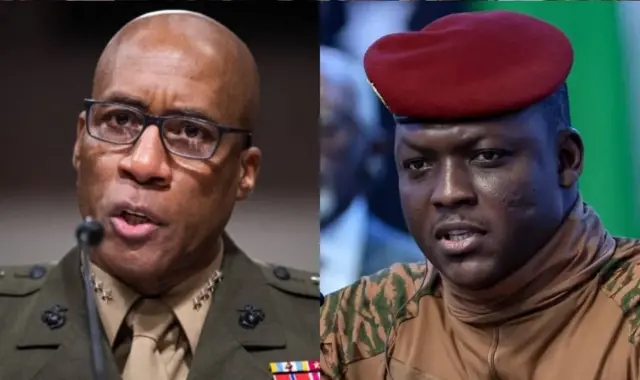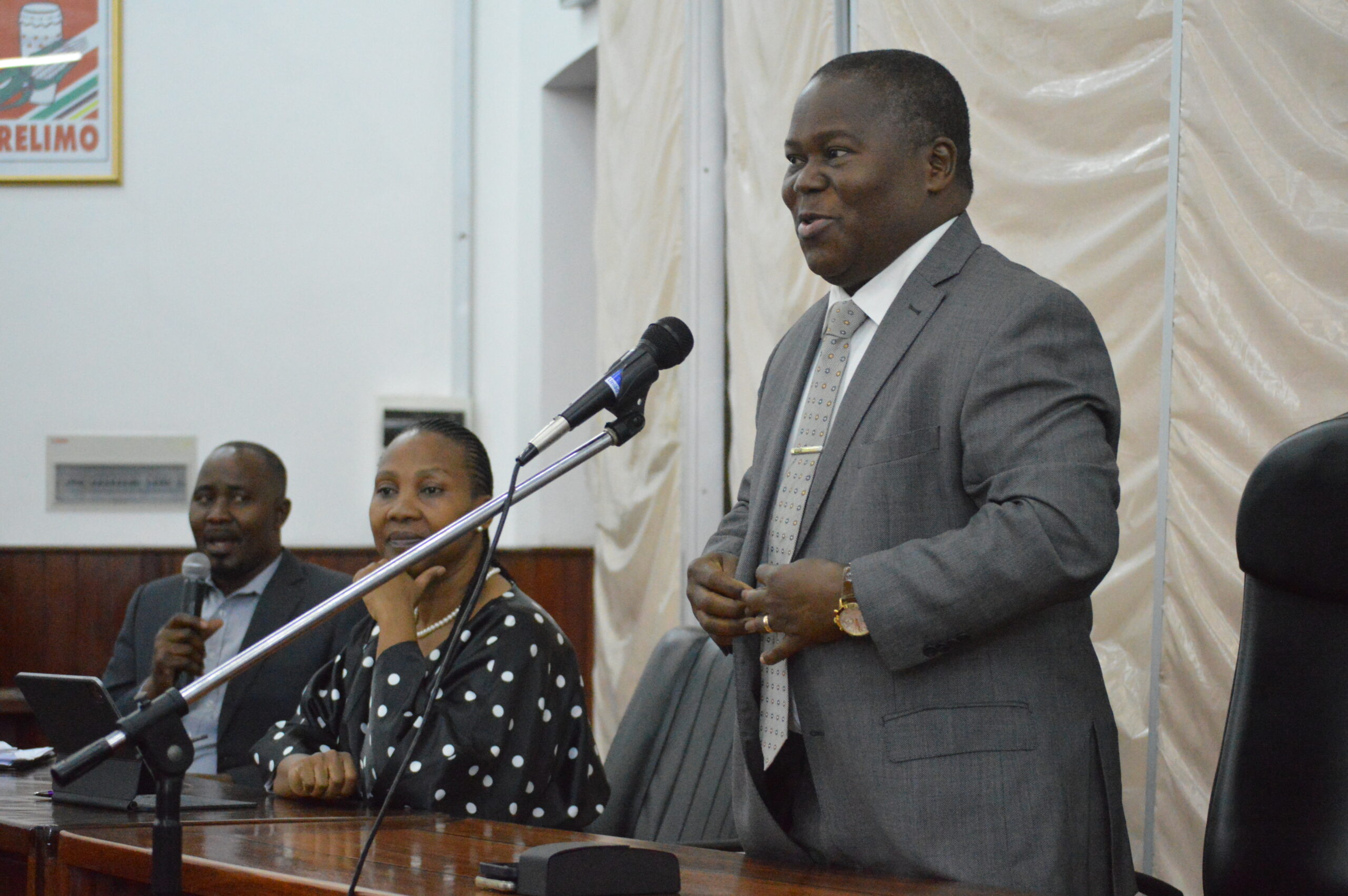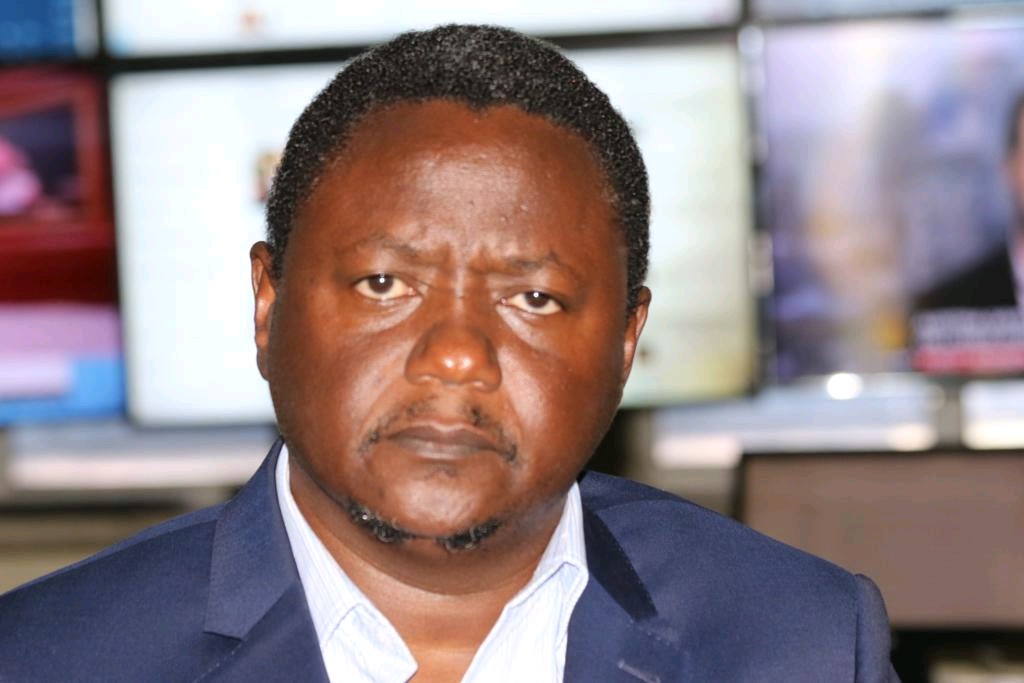Myanmar’s detained opposition leader, Aung San Suu Kyi, has been handed a second criminal charge on the day she appeared in court via video link.
Ms Suu Kyi, who was earlier charged with possessing illegal walkie-talkies, is now also alleged to have violated the country’s Natural Disaster Law.
It is not clear what the new charge, issued on Tuesday, relates to.

Myanmar’s military earlier repeated its promise to hold fresh elections and relinquish power as protests continue.
Anti-coup demonstrators are demanding the release of their elected leaders, including Ms Suu Kyi, following the military coup on 1 February.
‘Down with the military – release our leaders!’
The shooting of a young protester
What’s the latest?
In the military’s first news conference since toppling the government, spokesman Brig Gen Zaw Min Tun said the armed forces would not remain in power for long, and promised to “hand power back to the winning party” following a planned election.
However, he did not provide a date for the vote.
Speaking in Nay Pyi Taw on Tuesday, Zaw Min Tun also repeated the claim – without providing evidence – of fraud in last November’s election.
Ms Suu Kyi’s National League for Democracy (NLD) party won a resounding victory in the poll. The military has claimed fraud as a justification for its coup.
Britain and the US have criticised the charges. PM Boris Johnson said they were “fabricated” and “a clear violation of her human rights”, while a spokesperson for the US state department called them “disturbing.”
Where is Aung San Suu Kyi?
Ms Suu Kyi made a brief virtual appearance at a court in the capital Nay Pyi Taw on Tuesday. She reportedly answered questions about legal arrangements and representation.
Her next court appearance is scheduled to take place on 1 March.
Zaw Min Tun said that Ms Suu Kyi had been confined to her home for her own safety, and that she was “comfortable and healthy”.
Myanmar’s military spokesman Gen Zaw Min Tun attends a news conference in Naypyitaw
IMAGE COPYRIGHTREUTERS
image captionBrig Gen Zaw Min Tun said Ms Suu Kyi had been confined for her own safety
He used the news conference to accuse anti-coup protesters of violence and intimidation against the security forces.
A police officer had been wounded by “lawless actions” and had later died from his injuries, he said.
How are protests being suppressed?
Protesters have clashed with security officers and there have been recent reports of police using tear gas and rubber bullets to disperse crowds.
One protester remains in a critical condition after being shot in the head on 9 February.
Mya Thwe Thwe Khaing, 19, was hurt while taking part in a protest – though it is not clear exactly what she was hit by. Rights groups say her wound is consistent with one from live ammunition.
Zaw Min Tun said some measures taken to control crowds of protesters were in response to bricks being thrown at police.
The UN has warned Myanmar’s military – which on Monday announced penalties of up to 20 years in prison for those opposing the coup leaders – that there would be “severe consequences” for any brutal suppression of the ongoing anti-coup protests there.
Meanwhile, access to the internet in Myanmar was restored on Tuesday morning after it had been cut off for a second night.
The junta has been regularly blocking the web to try to stifle dissent since the coup began.
On Saturday, the military gave itself the power to make arrests, carry out searches and hold people for more than 24 hours without a court ruling, while telling journalists not to describe the military’s takeover as a coup.
How big are the protests?
Protesters were out again early on Tuesday, with crowds gathering in cities including Yangon and Mandalay. BBC Burmese reports monks were seen heading out onto the streets of Yangon in a mostly peaceful scene.
Huge queues have formed at banks running out of cash as people fearing further instability rush to withdraw money, reports the BBC’s Jonathan Head.
Testing for Covid-19 has also collapsed because health workers are staying away from hospitals.
Protesters opposed to the military coup block the railway between Yangon and the southern city of Mawlamyine, Myanmar February 16, 2021 i
IMAGE COPYRIGHTREUTERS
image captionProtesters opposed to the military coup block the railway between Yangon and the southern city of Mawlamyine
Outside Yangon, protesters were pictured lying down on rail tracks in an attempt to disrupt services. According to Reuters, train services between Yangon and the southern city of Mawlamyine were blocked as a result.
Myanmar: What will the military do now?
The turnout at recent protests appeared to have grown smaller than at the ones seen last week, which saw tens of thousands of people in attendance, as the military has stepped up its presence.
media captionMyanmar coup: How did we get here?
With the reports of violent clashes, residents in several cities are reported to have formed night-watch groups to deter mobs rumoured to have been dispatched by the military to cause unrest.
2px presentational grey line
Myanmar – the basics
Myanmar, also known as Burma, was long considered a pariah state while under the rule of an oppressive military junta from 1962 to 2011
A gradual liberalisation began in 2010, leading to free elections in 2015 and the installation of a government led by veteran opposition leader Aung San Suu Kyi the following year
In 2017, a deadly crackdown by Myanmar’s army on Rohingya Muslims sent more than half a million fleeing across the border into Bangladesh, in what the UN later called a “textbook example of ethnic cleansing”
Aung San Suu Kyi and her government were overthrown in an army coup on 1 February following a landslide NLD win in November’s elections
bbc









